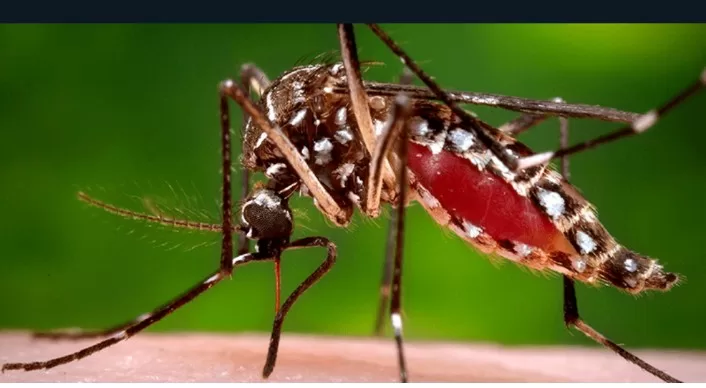In a grim turn of events, Bangladesh grapples with its deadliest recorded outbreak of dengue fever, as official statistics reveal a staggering death toll exceeding 1,000 since the year’s inception. Dengue, a tropical disease characterized by high fevers, migraines, nausea, vomiting, muscle pain, and in severe instances, fatal bleeding, has cast a long shadow over the nation.
The World Health Organization (WHO) has sounded an alarm, warning that the proliferation of dengue and other mosquito-borne ailments like chikungunya, yellow fever, and Zika is accelerating due to the far-reaching impacts of climate change.
Recent data released by the Directorate General of Health Services in Bangladesh underscores the magnitude of this crisis, with over 200,000 confirmed dengue cases and 1,006 recorded fatalities. Former director of the agency, Be-Nazir Ahmed, noted that this year’s death toll surpasses the cumulative fatalities from every previous year since 2000, branding it a colossal global health event.
Heartbreakingly, among the deceased are 112 children aged 15 and below, including infants, as revealed by official reports. This year’s grim statistics dwarf the previous highest death toll recorded in 2022, which stood at 281.
Scientists attribute this year’s outbreak to irregular rainfall patterns and soaring temperatures during the annual monsoon season, which have created ideal breeding grounds for mosquitoes.
Dengue has been a longstanding concern in Bangladesh since the 1960s, with the first outbreak of dengue haemorrhagic fever, a severe and often fatal manifestation of the disease, documented in 2000. The virus causing dengue has become endemic to Bangladesh, and the country has witnessed a troubling trend of worsening outbreaks since the turn of the century.
The majority of cases are reported during the monsoon season, from July to September, when the nation experiences the bulk of its annual rainfall, occasionally accompanied by floods and landslides. However, in recent years, Bangladeshi hospitals have also admitted dengue patients during the winter months.
Hospitals in Dhaka, the capital city, are currently grappling with overwhelmed dengue wards, where patients receive treatment under mosquito nets, under the anxious gaze of their concerned family members.
WHO’s Director-General, Tedros Adhanom Ghebreyesus, stressed in September that this outbreak has placed immense strain on Bangladesh’s healthcare system. Abdi Mahamud, the agency’s Director of Alert and Response, further emphasized that such outbreaks serve as a “canary in the coal mine” for the climate crisis. He pointed to a complex interplay of factors, including climate change and this year’s El Niño warming pattern, contributing to severe dengue outbreaks not only in Bangladesh but also in South America and even sub-Saharan African nations like Chad.
By AFP




